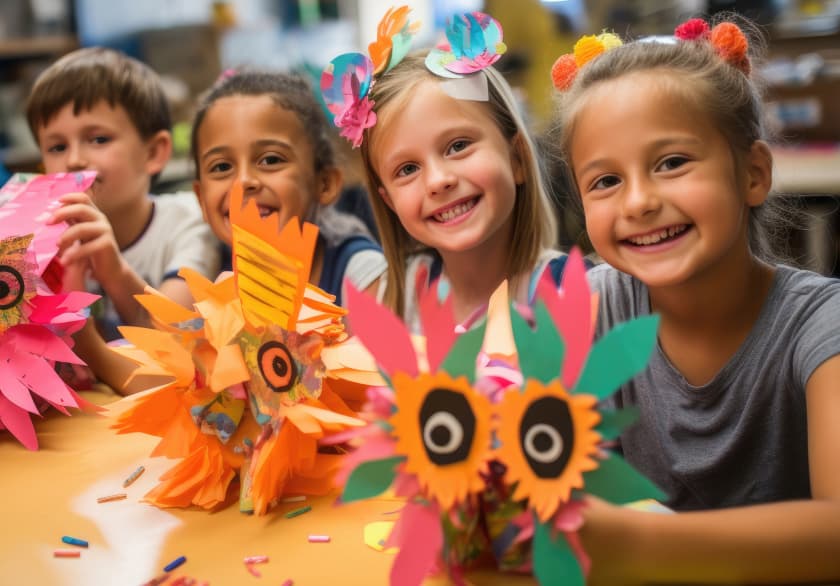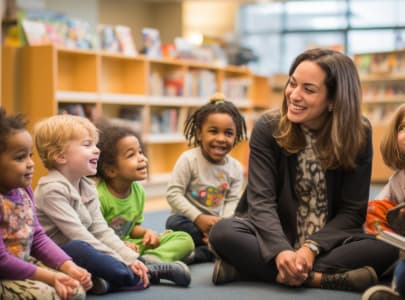Subtotal $0.00

In Class 2, the focus is on building foundational skills in various subjects while making learning engaging and enjoyable for young students. The curriculum usually covers basic concepts across subjects like languages, mathematics, environmental science, and more. Here’s a detailed breakdown of the subjects typically taught in Class 2:


Monday - Thursday:8am - 4pm
Friday - Saturday:8am - 5pm
Sunday: Closed